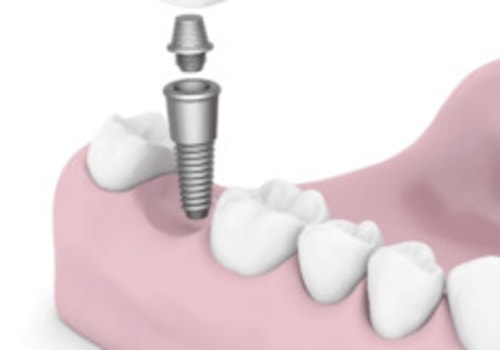Orthodontists are specialized dentists who focus on the straightening of teeth and the alignment of the mouth, jaw, teeth, gums, and nerves. They can work in a variety of settings, from private practice to international volunteer work. Orthodontists must have extensive knowledge of the literature and understand the mechanics and physics of dental movement, as well as be experts in precise hand movements for orthodontic procedures. They must also comply with state and federal health and safety regulations to protect staff and patients in a medical environment.
People with orthodontic experience can work in a dentist's office, where they work with patients who need braces or retainers. They can also work as dental educators in the post-secondary education system, as researchers, in dental management, or as sales representatives for dental supply companies. Orthodontists can also work internationally, for example for the Red Cross, Dentists Without Borders or as volunteer dentists working in third world countries. Training in orthodontics can also lead to a degree in surgery, otolaryngology, orthopedics, or other medical specialties.
Graduates can also pursue biomedical sciences, such as nanoengineering, biomaterials and biomechanics. In addition to working with patients, orthodontists are often responsible for managing a team of dental professionals, which requires managing and supervising dental assistants and hygienists, and working with office managers to keep the office running smoothly. Orthodontists are licensed dentists who specialize in the art of correctly aligning teeth for better oral health, better overall health, a more effective and comfortable bite, and greater confidence in a smile. Becoming an orthodontist requires a great deal of time, money and effort. According to the American Dental Education Association (ADEA), both dentists and specialists, such as orthodontists, need a variety of exceptional traits to excel in this field. Orthodontists are needed across the country, in every region, so while the salary can vary considerably, the chances of finding a job are good in every state.
If you visit an orthodontist, you should be sure that you are seeing a qualified professional. Orthodontists usually work full time but there are part-time work options even for semi-retired orthodontists. Some orthodontists work part-time for a variety of dental offices and travel to different offices during the week. If you're determined, dedicated and hardworking you can find a job as an orthodontist. The orthodontist then places the brackets on the front of the teeth and the bands are connected to them by cables. If the general dentist doesn't keep the proper records, the orthodontist can be legally guilty even years after leaving work for the office's failures.






